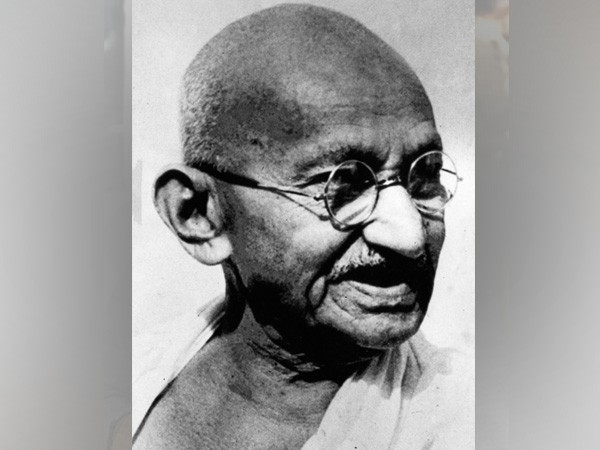Two-day ‘Gandhi Trail’ tour of four S African cities enlightens participants

- Country:
- South Africa
A special two-day-tour organised for a group of 75 people to get enlightened about the Gandhi Heritage sites in South African cities ended on Monday, according to an official. The tour under the banner Gandhi Trail, a brain child of the Consul General for India in Johannesburg Anju Ranjan, enlightened the participants about Gandhi’s early days in the country as he led resistance to the white government’s discriminatory laws.
“Gandhiji’s important role in South Africa has been marked in many ways with statues and commemorative plaques at different places in the country, some of which even the local Indian community were seeing for the first time on this tour,” Ranjan said in a statement.
“I had learnt about this in my school days and always had a dream to visit these sites if I got a posting to South Africa, and this will be the most memorable arrangement of my career,” Ranjan added.
The two buses filled with expatriate and South African Indians first stopped at Pietermaritzburg, where young lawyer Mohandas Karamchand Gandhi was unceremoniously thrown off a train coach on a cold winter morning in 1893 because it was reserved for whites only.
This sparked his decision to stay in the country for a further two decades to develop his Satyagraha principles to oppose the government peacefully before returning to India to do the same there against British colonialism.
A plaque commemorating the incident and a double-sided bust of Gandhi, as a young lawyer and later the Mahatma, was inaugurated there by the late minister Sushma Swaraj in 2018.
David Gengen and Bunny Bhoola of the Pietermaritzburg Gandhi Memorial Committee informed the delegates about the historic site.
The next stop was the Phoenix Settlement, the commune started by Gandhi north of Durban, which continues to run social development programmes for the local community, led by his granddaughter Ela Gandhi.
The Indian mission heads donated computers, sponsored by Indian businesses in South Africa, to the training centre to replace those which were stolen in a burglary last year. They also planted a number of fruit trees on the premises.
Ela Gandhi highlighted the diverse activities of the centre, which aims to make many people form the impoverished communities surrounding the area self-sufficient.
The buses continued to Ladysmith, where the local Indian community welcomed the delegates at the Lord Vishnu Temple. A statue of Gandhi is in the forecourt of the temple.
Due to time constraints and bad road conditions, the buses then had to return to Johannesburg, but a determined Ranjan continued to Dundee and Volksrust, together with veteran Gandhian activist Mohan Hira, in a separate vehicle.
Hira has walked the entire route from Johannesburg to Durban several times in commemorative and fundraising ventures.
A heritage museum on Zulu culture at Dundee incorporates a section on Gandhi, including a statue of Gandhi on the site.
The courthouse where Gandhi and his wife Kasturba were tried and sentenced on a number of occasions for leading peaceful protest marches is also in Dundee.
At Volksrust, the cell where Gandhi was jailed after he opted for nine months imprisonment with hard labour rather than paying a fine for leading a march against the government, is now used as a training room for inmates.
Delegates concurred that the tour was educational, enlightening and informative.
“Being at Pietermaritzburg was a lifetime experience for me. I could feel the frustration, helplessness and insult that Mahatma Gandhi felt at that time. And how that moment changed his life, and the life of millions of people in the world. How he upheld the human dignity thereafter and fought for it,” said Sudhir Khurana.
“Revisiting these places and reinventing the importance of Mahatma Gandhi's teachings in today's world can lead us to a peaceful and prosperous future,” added his wife Madhu.
Hira, who is now 83, said he still wants to lead a group of young people on a walk along this route.
“I already have a number of young people who have expressed their keen interest in this, and I am hopeful that some of them will take over this task of highlighting Gandhiji and Kasturba’s trials and tribulations as he started the fight for our freedom in South Africa,” Hira said.
Ranjan is now planning a similar tour of Gandhian heritage sites in Johannesburg, where Gandhi also spent some of his time in South Africa, including the Tolstoy Farm commune, which is being revived by the Mahatma Gandhi Remembrance Organisation started by Hira and others, with support from the Indian government.
(This story has not been edited by Devdiscourse staff and is auto-generated from a syndicated feed.)










